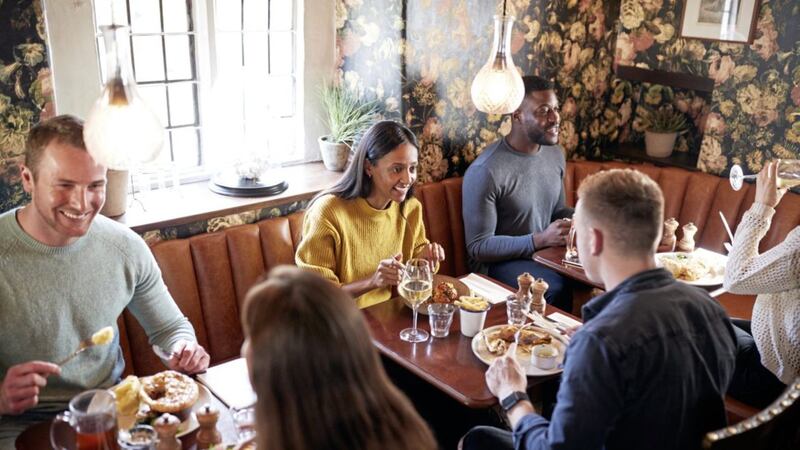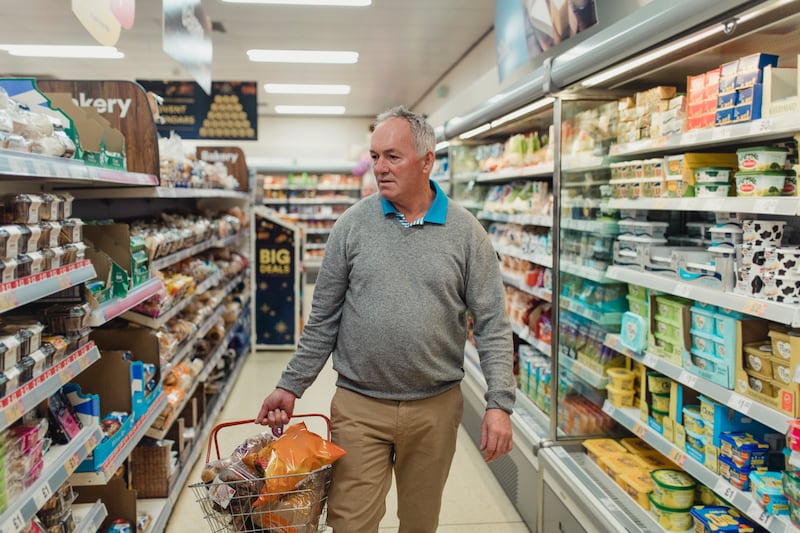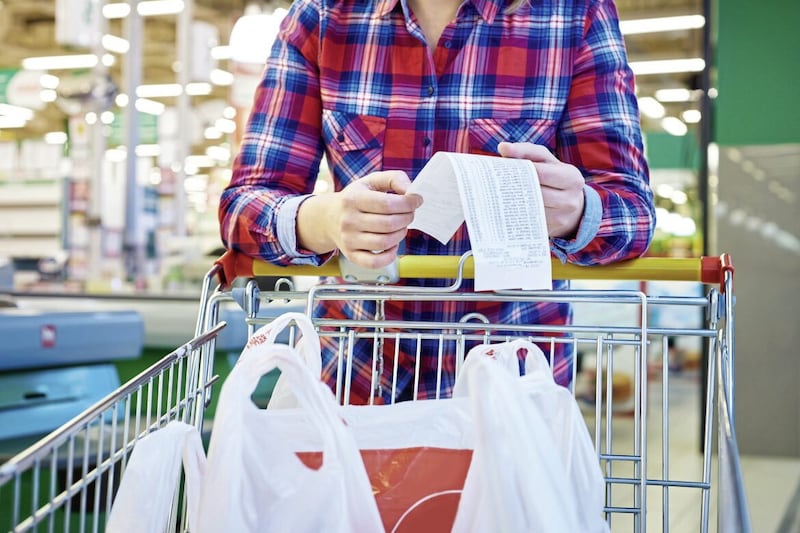COVID habits are wearing off people's shopping habits in the north, with more eating-out meaning consumers' trips to the supermarket are reducing and their baskets aren't as full, new data from Kantar reveals.
While grocery sales in Northern Ireland grew by 1.2 per cent in the 52 weeks to October 3, over the last 12 weeks people have bought smaller amounts, with baskets shrinking by 4.8 per cent, and they’ve visited the big stores less often as they started to enjoy eating in pubs, cafés and restaurants again.
“That ability to socialise out of the home has seen alcohol sales via the supermarkets continue to decline, dropping 12.2 per cent on last year,” according to Emer Healy, retail analyst at Kantar.
“Home cooking categories are also falling back, with sales down 13.5 per cent as shoppers take the opportunity to treat themselves to meals out.”
She added: “The lifting of social restrictions and high vaccination rates mean shoppers are more comfortable going out and visiting physical stores, but there's more eating at restaurants, pubs and on the go, so the reliance many had on supermarkets to get their meals last year is starting to fade.”
Tesco remains the largest grocer, pushing its sales up by 1.9 per cent compared with last year. It commands 35.6 per cent of the overall market, followed by Sainsbury's (17 per cent) ans Asda).
Lidl is again the fastest growing retailer in the north, a distinction it has held since June 2020, with sales expanding by 11.4 per cent. Its overall share is now 6.9 per cent.








